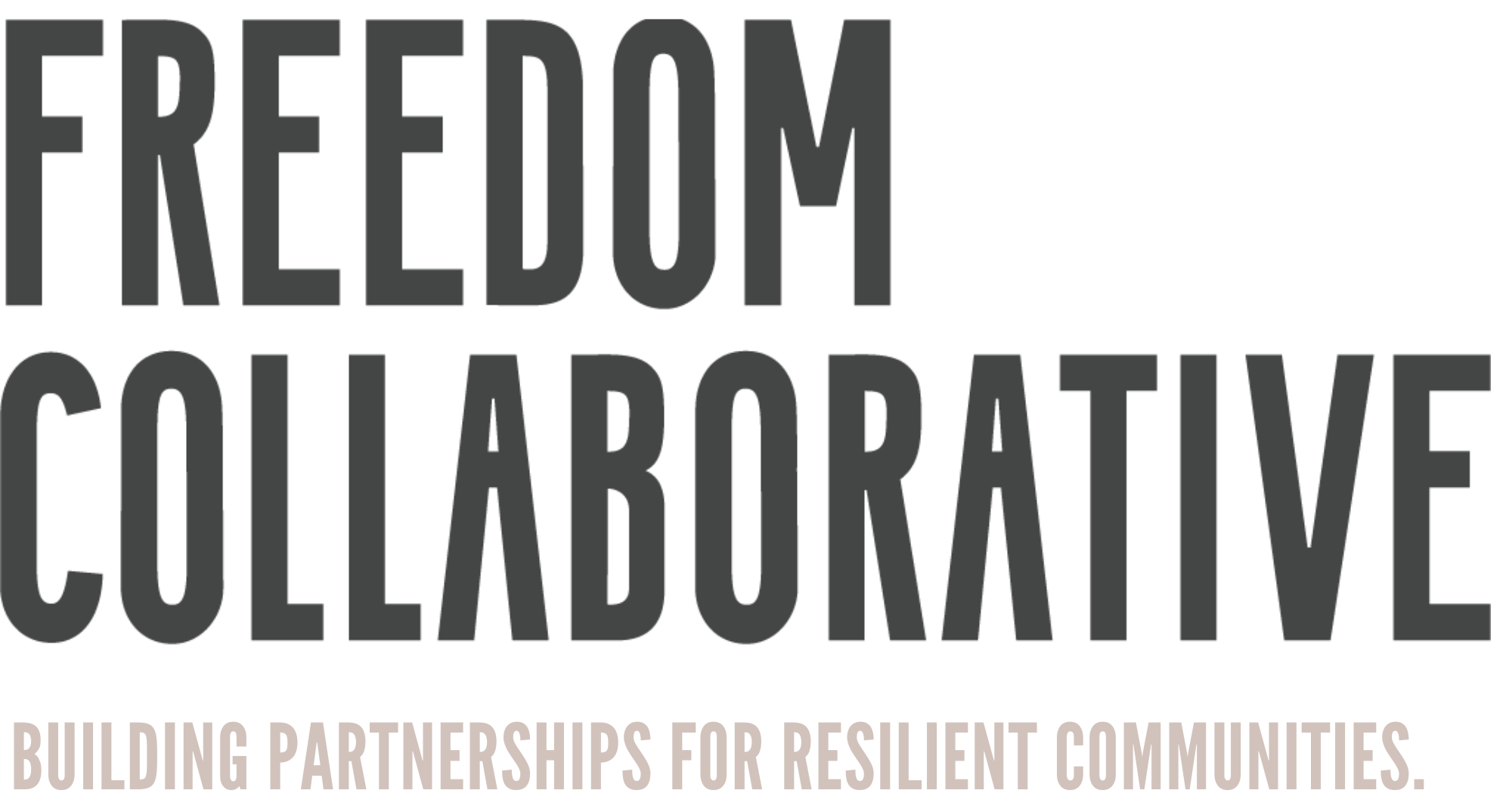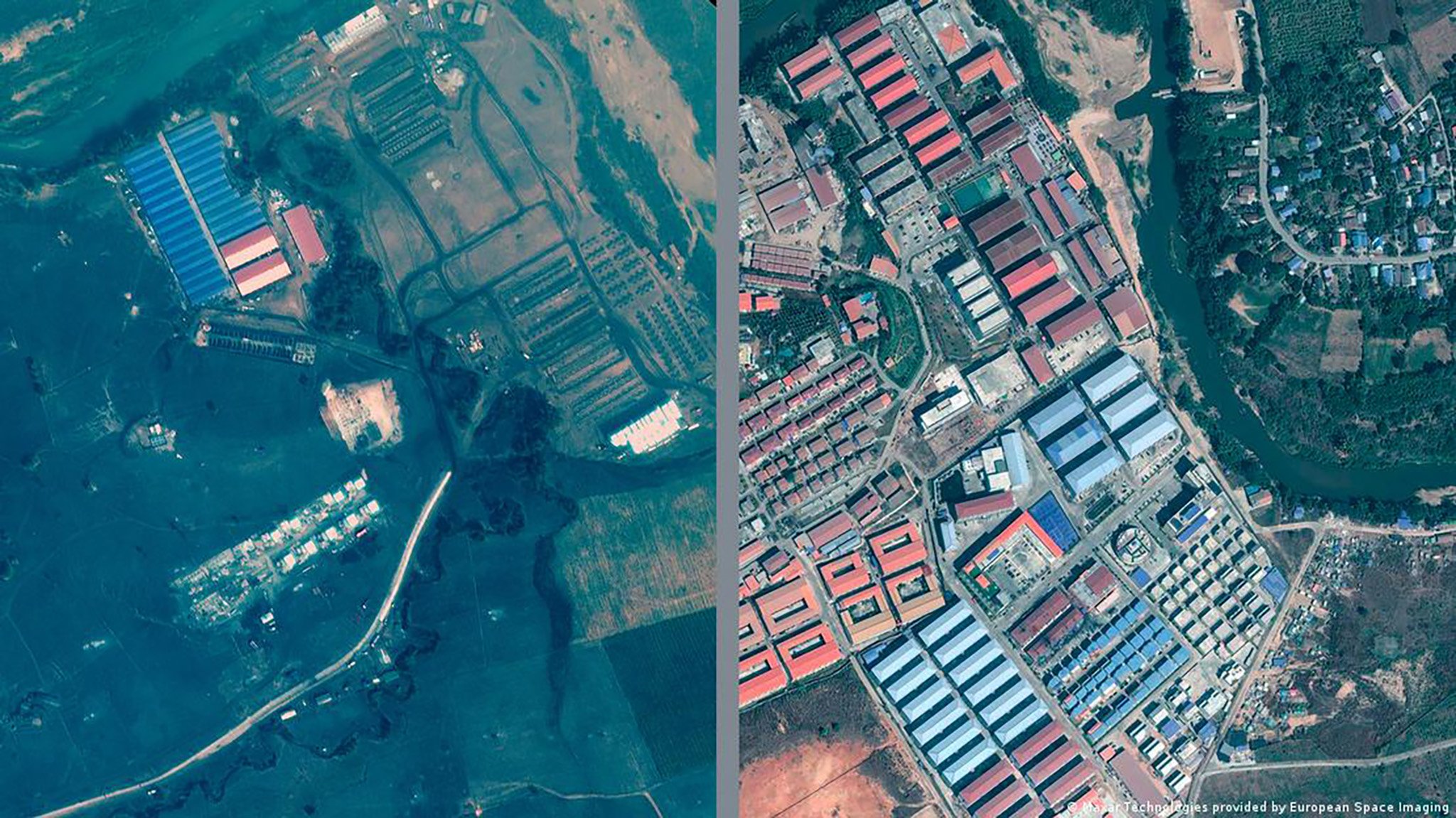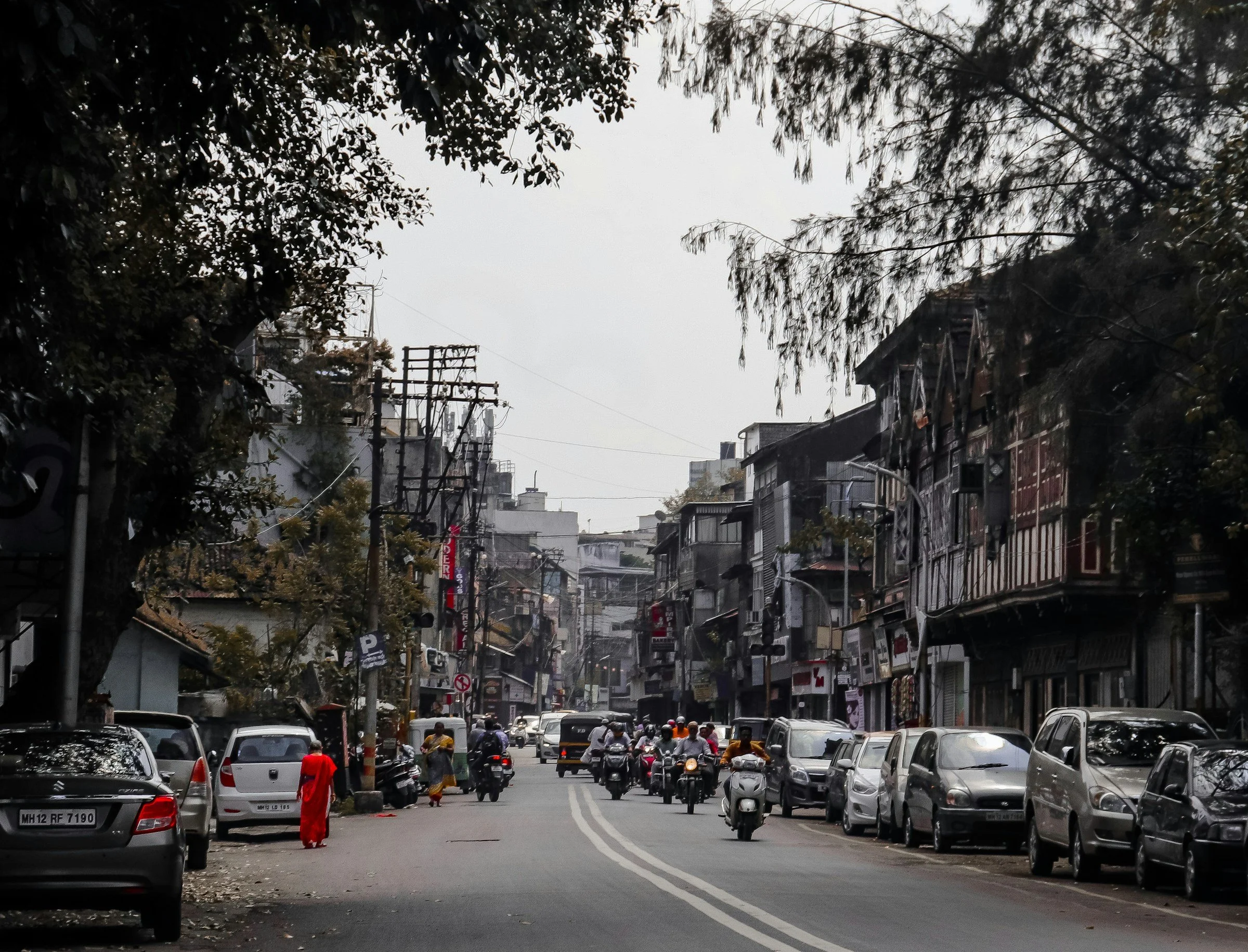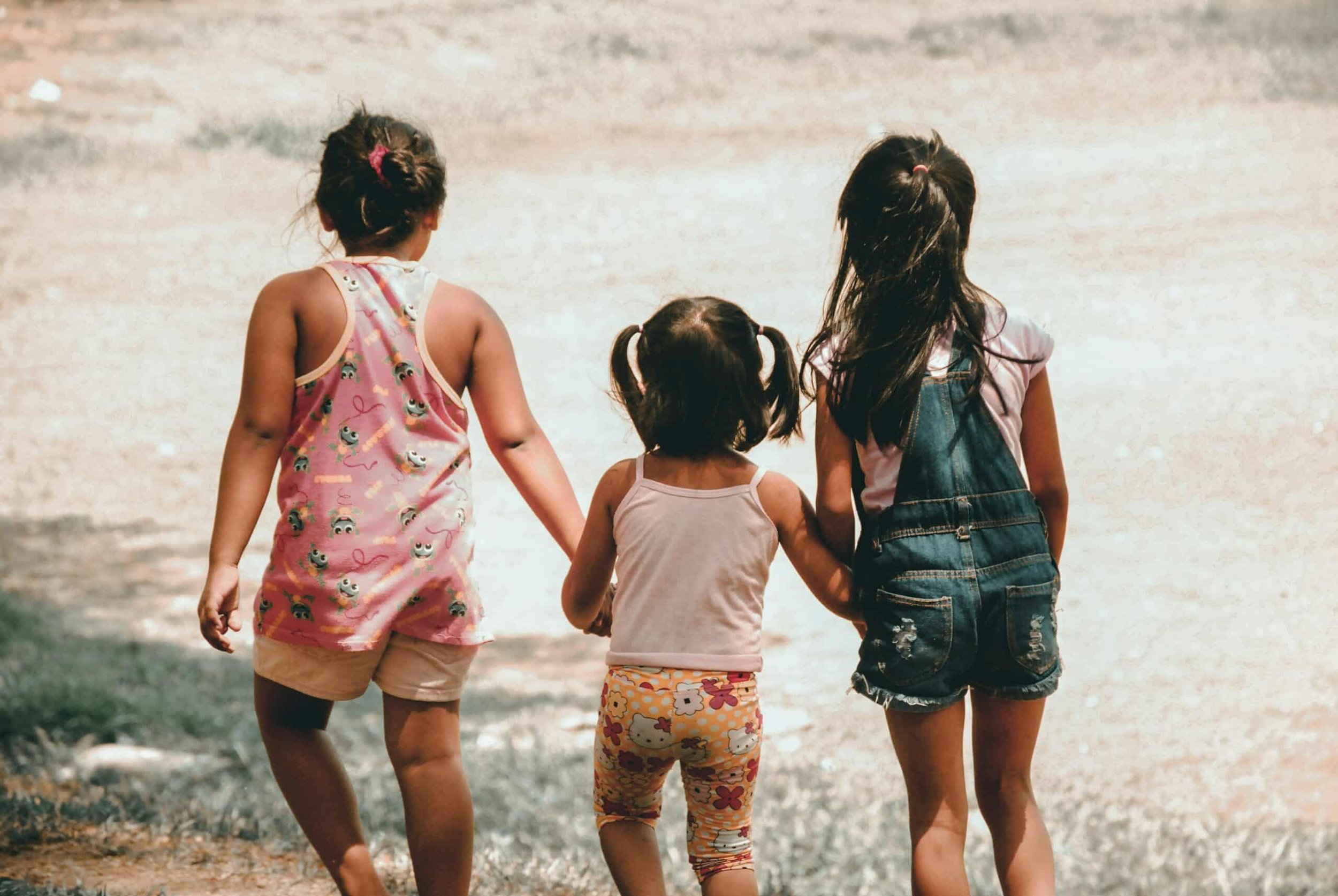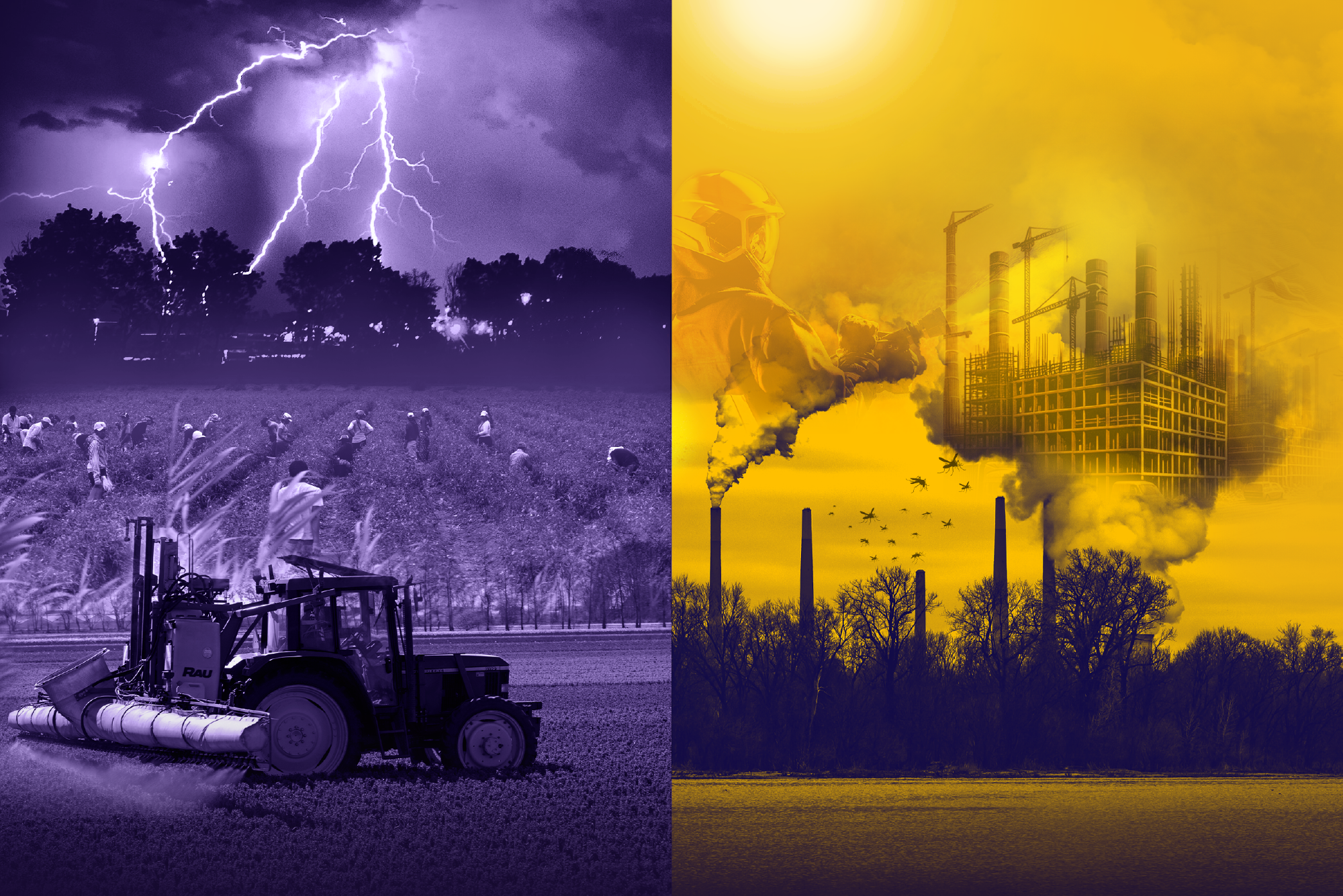Alleanza Tesori Raggianti works to empower activists and practitioners to collaborate across Italy
ATR seeks to unify anti-trafficking efforts nationwide, A21 Greece supports victims in illegal brothels during the COVID-pandemic, and GRETA has issued a new Compendium of good practices in addressing trafficking in human beings for the purpose of labour exploitation.
© Photo provided by Alleanza Tesori Raggianti
Welcome to the September edition of Freedom Collaborative's Europe newsletter. In this regional update, we feature anti-trafficking efforts in Europe and provide a round-up of updates on significant regional developments.
This month, Alleanza Tesori Raggianti (ATR) gives an insight into their efforts to bring together Christian anti-trafficking activists across Italy and how they provide training to ensure safe and effective anti-trafficking work. The resources for survivors of trafficking in Italy are scarce, with a severe lack of appropriate services, and ATR aims to fill a gap to promote safety and recovery.
We also hear from A21 Greece on how the lack of control from authorities over illegal brothels in Greece during the COVID-19 crisis prompted discussions to change the law that existed since 1999.
This month, Greta published a compendium of good practices addressing trafficking in human beings for labor exploitation. And, there have been mixed reactions to the new EU pact on migration.
Thank you very much for contributing to these updates from the field. Please keep sharing your news with the community via our Facebook group or by email. We are always pleased to highlight the work done by the diverse organizations in this field.
Alleanza Tesori Raggianti empowers activists and practitioners to connect and collaborate across Italy
Most recognize Italy as an iconic country renowned for its ancient ruins, artistic masterpieces, and culinary creations. Still, Italy is also known as a top destination in the world for commercial sex trafficking. While trafficking is considered illegal, prostitution has been legal and culturally acceptable in Italy. Additionally, Italy's unique geographical position makes it exceptionally vulnerable. The country essentially serves as a land bridge from Africa and parts of Asia into Europe, and so it is a natural and commonly used route for traffickers to use. Finally, the reality that corruption in Italy is deeply rooted and well organized has provided an environment where an extensive network of traffickers can grow and flourish.
Unsuspecting people, mainly women and girls from Nigeria and Eastern Europe, who are hopeful of building a better life are coerced to make the journey to Italy and convinced that it will be the gateway to opportunity. When their dreams fade to the nightmare that becomes their reality, they are isolated and trapped in a country with no support, mobility, or autonomy. For Alleanza Tesori Raggianti (ATR), these trafficking victims are worthy of searching for and deserving of support.
However, as we know, it takes a network to break a network. A few years ago, there was no initiative in Italy, especially for Christians, to unify anti-trafficking efforts nationwide. Small teams of people, scattered in different little pockets of Italy, had formed because they saw the crisis of modern day slavery on their local streets, and they wanted to make a difference. They had nowhere to turn for training to ensure safe and effective anti-trafficking work, and most had very little support.
In 2014 seven small anti-trafficking ministry teams came together for the first time to receive training equipping them to provide more informed care to survivors of human trafficking. What most compelling was the synergy that these abolitionists experienced while connecting and beginning to collaborate with one another. They no longer felt alone but empowered to keep pushing back, knowing that they were united with others doing the same.
And so, Alleanza Tesori Raggianti (ATR) was born as a response to the need nationwide, specifically among Christian abolitionists, to have ongoing opportunities for formation and collaboration. Though serving separately in different cities, each with often overwhelming needs, ATR became a network to turn to for empowerment to continue pursuing a common purpose - to prevent and combat commercial sexual exploitation and promote restoration of its victims.
While many have realized the power of collaboration, it is not common in Italy, even in the Evangelical Church. There is a saying here that "churches are small and well divided," and this cultural undertone often inhibits productive collaboration. However, ATR members are choosing to be cooperative and interdependent.
Today ATR is made up of 90 practitioners and advocates who are actively involved in 9 ministries that serve in 23 towns and cities across Italy. Collectively these ministries do more than 200 outreaches in their respective towns annually. Over the years, ATR activists have built trust with the constituents they meet, and they all say they would leave the streets if they could. But without assistance, that is nearly impossible for most.
The resources for trafficking survivors in Italy are scarce, with a severe lack of safe and appropriate housing and recovery programming. Any existing homes are often at full capacity and ill-equipped to adequately address survivors' specific needs for long-term trauma-informed care. Add to that now the challenges due to COVID-19, which have only made things worse. The lockdown caused an interruption in street outreaches. Social services already stretched thin are even less able to assist those we serve, while COVID restrictions make it even more challenging to advocate for them. Ironically, the pandemic has been a catalyst causing many to realize the severity of their exploitation and seek escape. Still, there is far more need than there is an opportunity for safety and recovery.
Despite it all, ATR is intentionally empowering abolitionists in Italy to be a conduit of change and celebrating all that is being accomplished through collaboration. Find out more about the alliance and get in touch via their website.
COVID-19 impact on illegal brothels and sex workers in Greece
Greece was under lockdown for about 42 days (23th March - 4th May). During that time, almost all the businesses were closed. The same applied for legal and illegal brothels and all kinds of shops/stores that could operate as a place that provides unlawful sexual services. Simultaneously, there was a restriction of movement for all civilians without any significant reason for leaving their homes. All the while, the 1109 National Human Trafficking Hotline (an initiative of A21 Greece) continued to operate 24/7, received several calls that suggested that many illegal brothels and traffickers used online short-term rental apartments. A21 Greece helped four people to be rescued.
While trying to support businesses that were closed during the lockdown financially, the Greek government found out that the existing law that regulates the operation of legal brothels and registered sex workers created a considerable problem in protecting the income of the people behind these businesses. The lack of income makes many vulnerable to human trafficking and exploitation. Simultaneously, the specific law makes it very difficult for illegal brothels to file for a license that most brothels operate illegally (out of 400 brothels in Athens, only 14 are legal). Therefore, the authorities' lack of control over all these illegal brothels puts both workers and customers at health risk. For that reason, the government started rounds of discussions to change the law that exists since 1999.
More News across Europe:
GRETA has issued a new Compendium of good practices in addressing trafficking in human beings for the purpose of labour exploitation, based on its country evaluation reports. The compendium aims to highlight effective measures taken by States Parties to the Council of Europe Convention on Action against Trafficking in Human Beings to prevent and combat trafficking for the purpose of labour exploitation and provide food for thought for their future efforts.
The European Coalition for Corporate Justice updated its list of policy and legislative developments on mandatory due diligence and corporate liability in Europe. The paper shows growing support for binding EU legislation and improved access to justice for victims of corporate abuse.
From 15 – 16 September 2020, the Commonwealth Parliamentary Association UK – in partnership with the Modern Slavery and Human Rights Policy and Evidence Centre (Modern Slavery PEC) – organized a two-day virtual conference on Assisting and Protecting Survivors of Modern Slavery, Human Trafficking and Forced Labour.
The UK government announced new measures to hold businesses and public bodies accountable for tackling modern slavery including a single reporting deadline for company statements, clearer guidance on what reports must cover, a government-run reporting service, and a reporting extension to public bodies.
An independent report by Alison Levitt QC has found that Boohoo knew of "endemic" problems in its Leicester suppliers, including minimum wage and life-threatening fire risks but did "too little too late" to fix them.
More than 210,000 unaccompanied minors seeking asylum in Europe live in crowded refugee camps after a journey often marked by violence and abuse. Human trafficking networks, sexual abuse, forced labor, and organ trafficking are risks these children face every day.
There have been mixed reactions to the new EU pact on migration. The European Commission sought consensus ahead of the pact to pass the policy into law even through countries resisting the idea of mandatory quotas. Many human rights organizations though have slammed the proposals.
Share your news
Post your experiences from the field and initiatives to feature
